Is Wild Camping for You? What’s Expected of You Before You Go

This site has no affiliate links or sponsorships – I don’t get paid or make money from any of the links here. Every bit of content is created and funded by me alone, with the goal of providing an honest and helpful resource for the camping community.
Is wild camping for you? Well – you don’t know until you try. But if you’re thinking about it, maybe it is. But before you head out on your first trip, there are a few important things to consider.
Wild camping simply means camping away from designated sites, usually in remote areas without facilities. It offers a great opportunity to experience and immerse yourself in the outdoors. But in England – where I live – it’s largely prohibited, but tolerated in some areas if done responsibly.
So where do you start? There’s quite a bit to think about. And of course, there will be a few hesitant moments before that first trip – things like: Where should I go? What time of year should I go? What kit do I need?
This is the first of a four-part blog that will help answer some of those questions. But this first part isn’t about what to expect – it’s about what’s expected of you when you go wild camping.
That’s right – you’ll be expected to behave in a manner that’s respectful, not only to the people and local community, but to the environment itself. These areas are shared spaces and being considerate and reducing your impact is extremely important, and it’s up to all of us to help keep them special and not ruin it for others and future visitors.
Here are a few things to keep in mind:
Is wild camping legal?
I am no legal expert, so it’s definitely worth doing your own research on these areas before heading out, as rules do change.
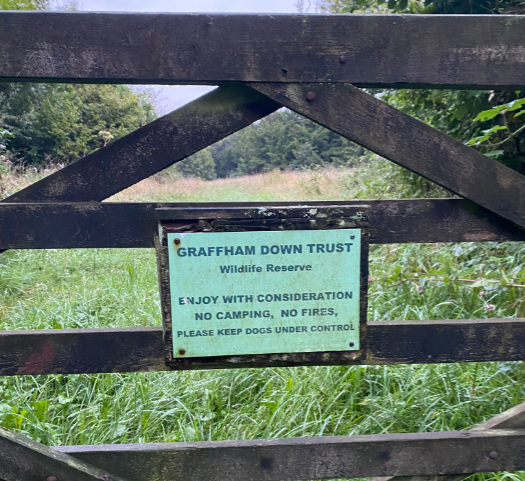
The short answer is no : wild camping is generally prohibited in England unless you have the landowner’s permission. The long answer is a bit more complicated. Wild camping is classed as trespassing, which – as far as I know – is not usually a criminal offence (with some exceptions, like Royal or Crown land, government property, national infrastructure and defence sites).
Not including those exceptions, trespassing is considered a civil offence, meaning it is not a police matter at first. It only becomes a criminal matter if you refuse to leave after being asked by someone acting for the landowner, such as a security guard or estate worker. Refusing to leave after a clear request can be seen as aggravated trespass or obstruction, which allows the police to intervene and potentially charge you.
What to Do If You’re Asked to Leave
If you are asked to move on, stay calm, be polite and apologise. Pack up your things and leave without an argument. Do not escalate the situation. As long as you haven’t caused damage or made threats, you’ll usually just be asked to move along and that will be the end of it.
Remember, if you refuse to leave or act aggressively, the situation can quickly change from a civil matter to a criminal offence, and you could be arrested and charged.
At present, there is one area in England that allows wild camping, and there is another area where it is tolerated under certain conditions.
Things are different north of the border in Scotland, and I am unsure of the rules in Wales and Northern Ireland, but I think they are similar to England – just with a few differences. So for the purposes of this blog, I will focus on England.
National Parks
Dartmoor allows wild camping in certain areas, but there are a couple of caveats attached to this. These include: arriving on foot, leaving no trace and only staying a maximum of a night or two.
For more information on Dartmoor and the full list of rules covering wild camping there, please go and check out the Dartmoor National Park website.
As far as I know, the Lake District National Park is an area in England where wild camping is tolerated, but not legal. Again, there are a few conditions attached to this.
They include: camping high up on mountains and hillsides – above 400 metres, and away from any villages and dwellings, staying only a night or two, no fires and leaving no trace and taking everything you brought in, away with you.
For more information and the full list of rules, please check out the Lake District National Park website wild camping page.
As far as I know, these are the only two national parks in England where wild camping is either allowed or tolerated. I would advise further reading on these areas and other areas, as rules do change.
Legal Wild Camping
There are two further options that are available if you want to experience all the wonders of wild camping, without the risk.
1. Ask for Permission

It may be worth approaching the landowner to ask for their permission to wild camp on their land. If you are lucky enough to be given permission – it will still be considered wild camping, but it will not be trespassing. You will have a worry-free night under the stars, without fear of being moved on.
2. Almost Wild Camping

You may have come across terms like ‘ almost wild camping ’ or ‘ nearly wild camping ’ while searching for information on wild camping.
They refer to a wild camping experience, but on private land and with the permission of the landowner. These pitches need to be booked for a fee, but it will give the camper an experience similar to that of a wild camping, but with the knowledge that you are not trespassing.
In return, you get access to rugged places such as woodlands, river banks and even meadows – a perfect way to enjoy nature, solitude and tranquility. Some sites even provide a few extras such as lighting, toilet facilities, running water and even fire pits and BBQ areas.
It’s a good balance and trade-off that benefits both parties.The camper gets the wild camping experience and the landowner benefits from your contribution, and the land is maintained for future visitors – it’s a win-win for everyone.
A Few More Etiquette Rules to Consider
If you choose to camp in other areas, there are some important guidelines to follow:
If camping in other areas
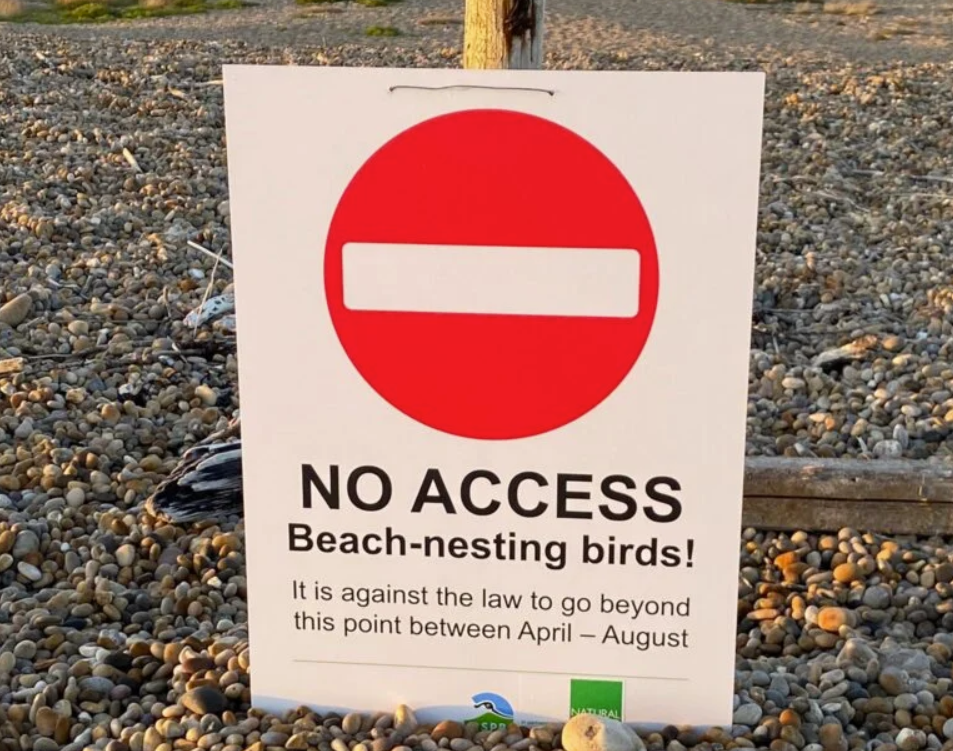
Respect the Land . Stick to small, discreet camping spots. Avoid camping on farmland or private land without permission. Don’t trample sensitive plants or disturb wildlife and always adhere to any warning signs or fenced off and protected areas. This is especially important during the nesting season which usually occurs between the months of March to August.
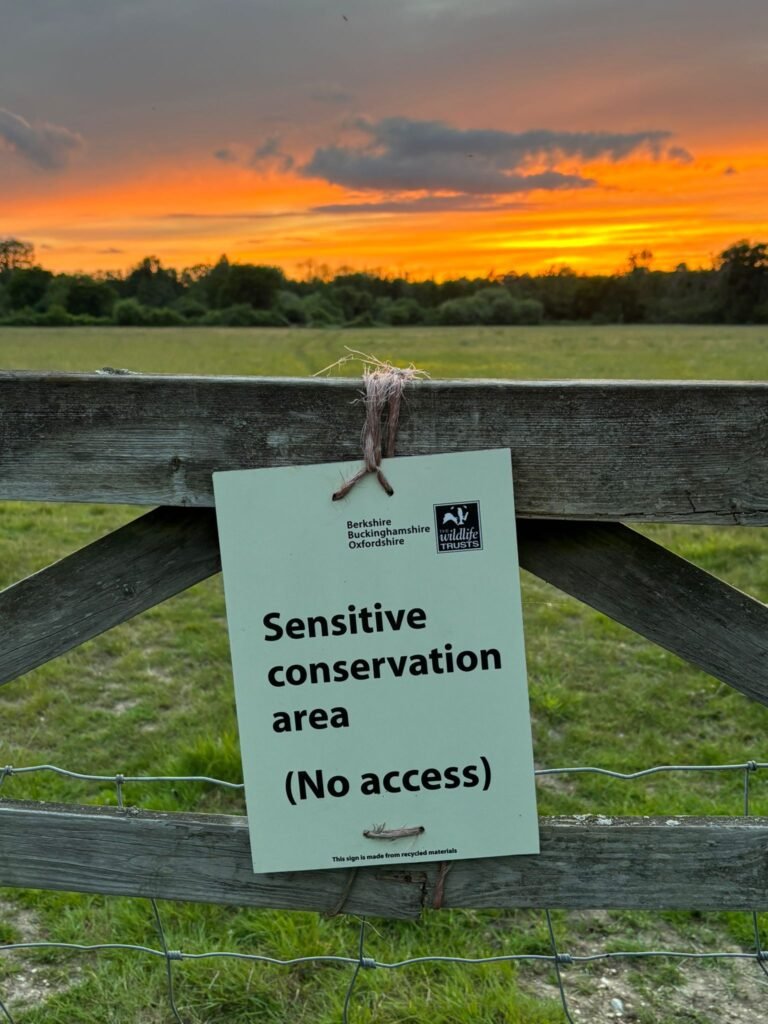
Choose places where you can blend in and avoid leaving a mark and no trace that you were there – ideally away from any dwellings, covered by woodland or high on hills. Avoid any spots that are out in the open, where you’re likely to be spotted.
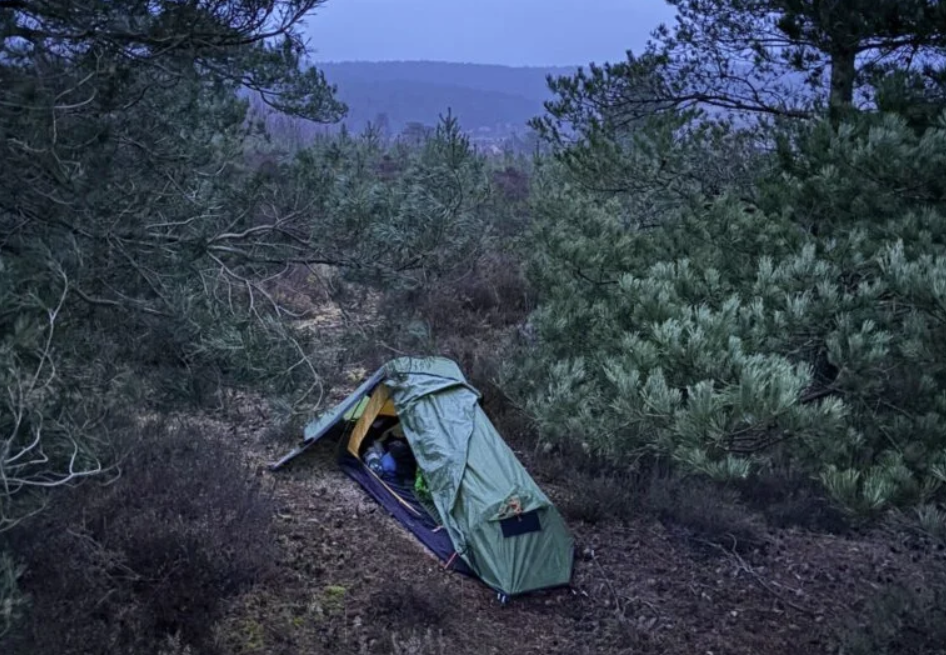
Leave No Trace
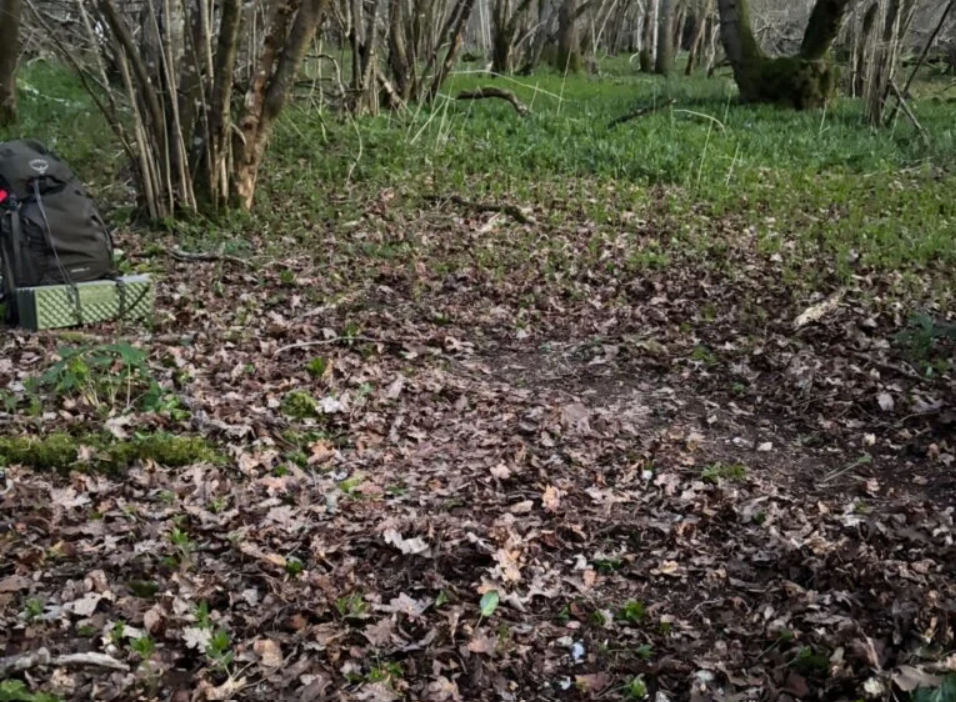
You’ve probably heard of this already – but it’s worth repeating again. Leave absolutely nothing behind: no litter, no food scraps, no toilet paper – nothing. Take everything home with you. If you can, leave the spot better than you found it by picking up any litter you come across.
Be Quiet, Be Considerate
Keep noise to a minimum. Don’t play music or light big fires and sing and dance.This will help keep you undetected and not disturb anyone. If you do meet other people along the trails, forest or hill tops- be polite and considerate. Remember that you are a visitor and a guest in that place.
Arrive Late, Leave Early
This is a great rule and one that is very effective. If you’re wild camping anywhere, this is one rule that I follow. Arriving as late in the day as possible before setting up camp, then leaving early in the morning. This will not only reduce your chances of being moved on, but it will minimize your impact and disturbance and help keep wild camping tolerated for everyone else.
Fires and Stoves
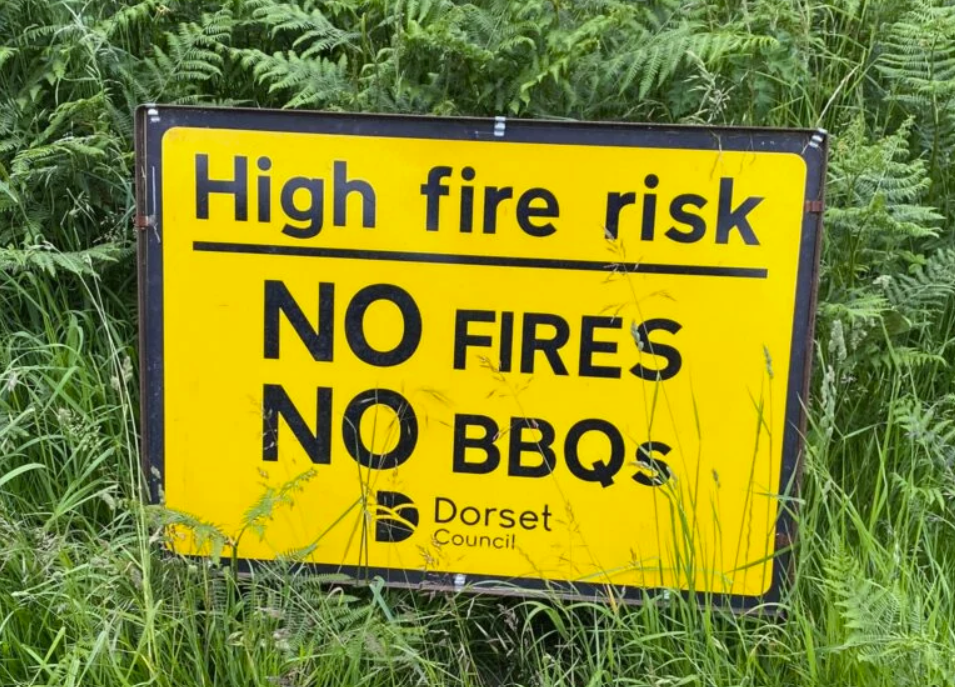
Please avoid campfires unless you absolutely know it’s safe and allowed. If you need to cook, then please use a camping stove – but only if it’s really necessary. If you are not experienced, and have any doubts – please do not use one at all.
Fires and camping stoves can damage the ground and risk wildfires, especially in summer. Please follow any warning signs, and if it states ‘No Fires’ – then please no fires. I cannot emphasise the dangers of fires enough and the importance of being careful, especially in the drier summer months.
Safety
Finally – think about your own safety. Know where you are and know your limits, tell someone where you’re going, and take enough food, water and suitable kit for the conditions. Don’t take unnecessary risks, especially if you’re new to it.
Further Reading:
This is just a quick overview, and I’d really recommend reading more about Leave No Trace and wild camping etiquette. There’s plenty of good advice out there to help you get started the right way.
Yes – wild camping is amazing – but it comes with responsibility. We have a responsibility to the communities in these areas, and to the environment and the wildlife, as well as future visitors.
Our actions affect the experience and access for others in the future. One fun-filled selfish and inconsiderate night, may deprive others of experiencing a wonderful night under the stars.
So please behave and be considerate, and let’s not spoil it for everyone else.
🌿 Keen to take your wild camping adventures further?
I run a private, invite-only community where I’ve documented and shared my campsite ideas, gear tips and loads of practical advice for wild camping – including locations and times of year I visited -all in a relaxed, respectful space. Whether you’re brand new or looking to build your skills, there’s plenty of support and inspiration waiting for you.
If you’d like to join, just DM me or email me at contact@ourscapes.com, and I’ll send you an invite link.
Spaces are limited to keep things friendly and focused – would be great to have you onboard!
Please leave no trace.
If you have any questions, please don’t hesitate to contact me via social media or the contact form which can be found on the contact page.
Your feedback is important. Let me know if you enjoyed the blog – and even if you didn’t, I’d love to hear your thoughts.
Thanks for taking the time to read the article.
Many thanks
Dan
#wildcamping #campingetiquette #leavenotrace #responsiblecamping #campingengland #dartmoor #lakedistrict #outdooradvice #firsttimecamping



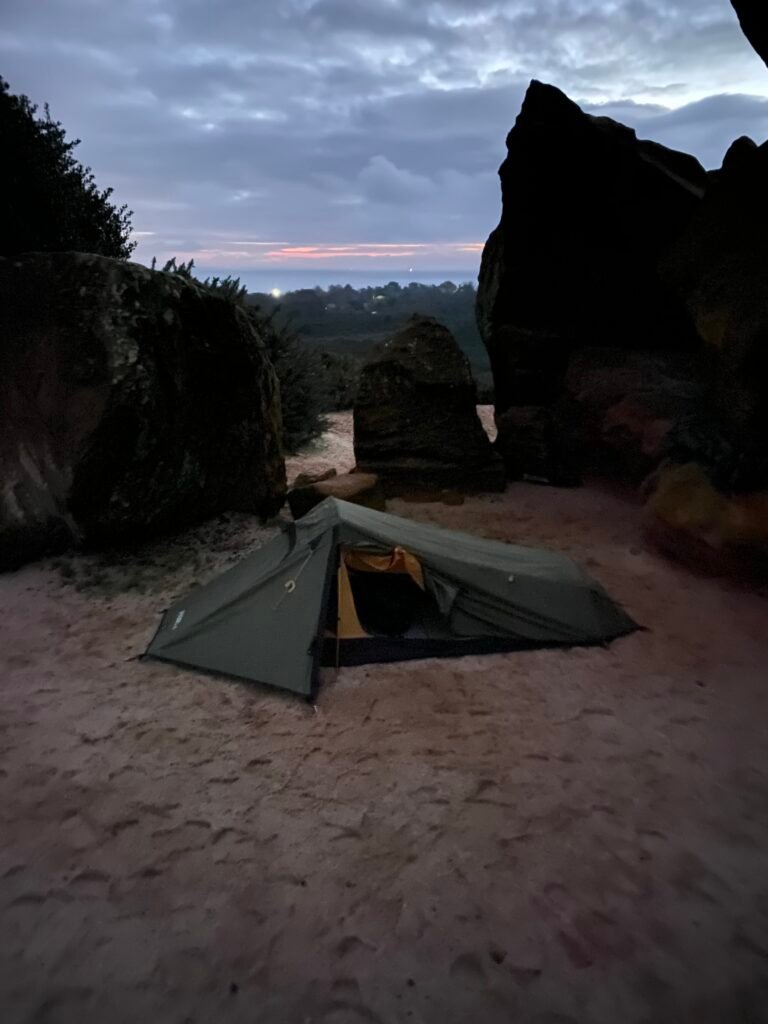
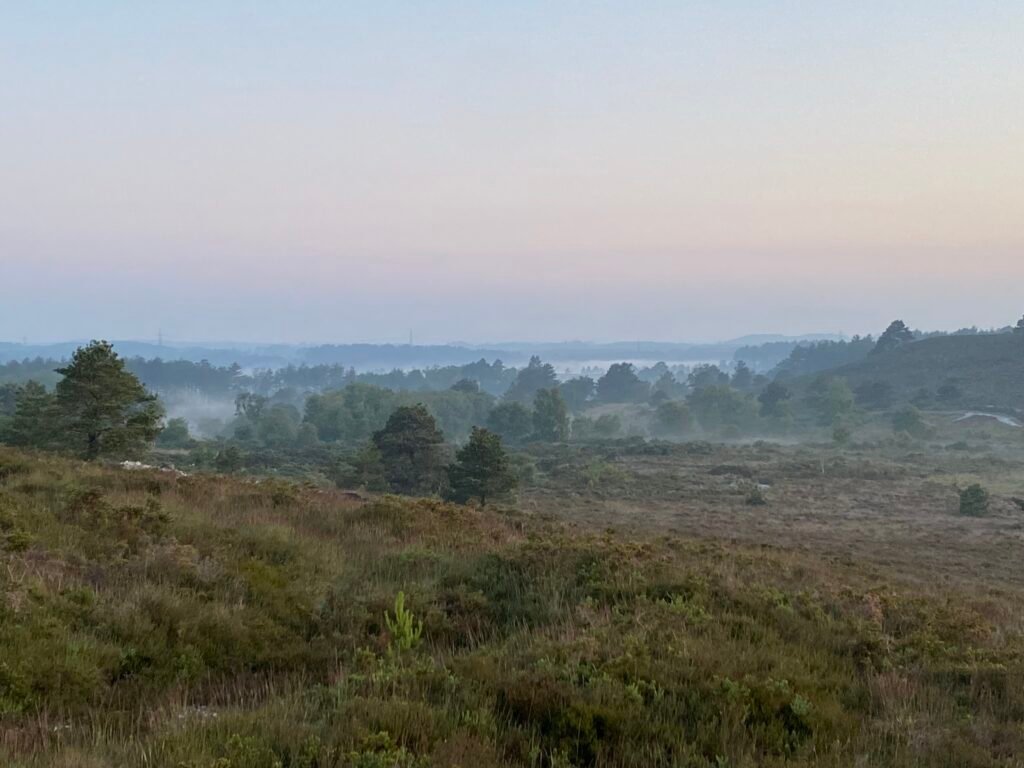

Responses